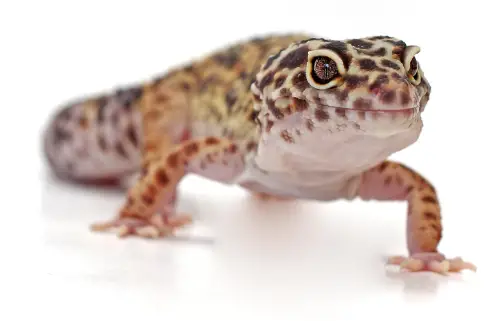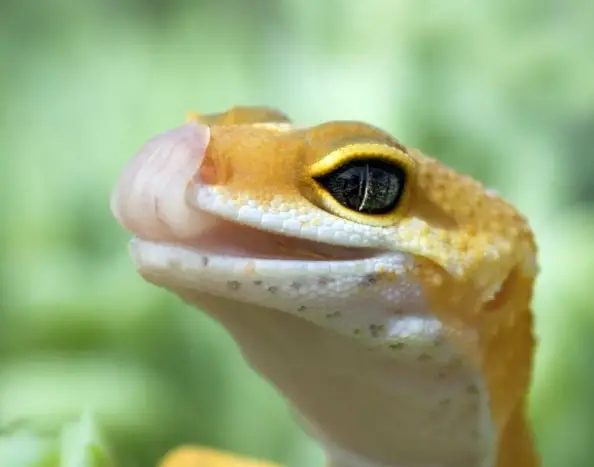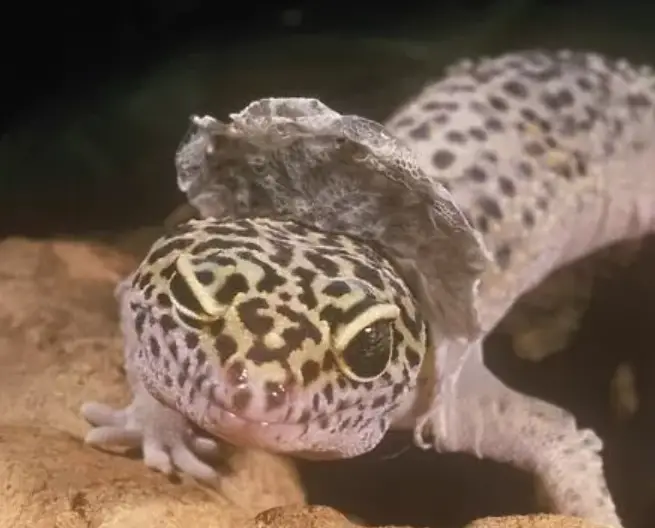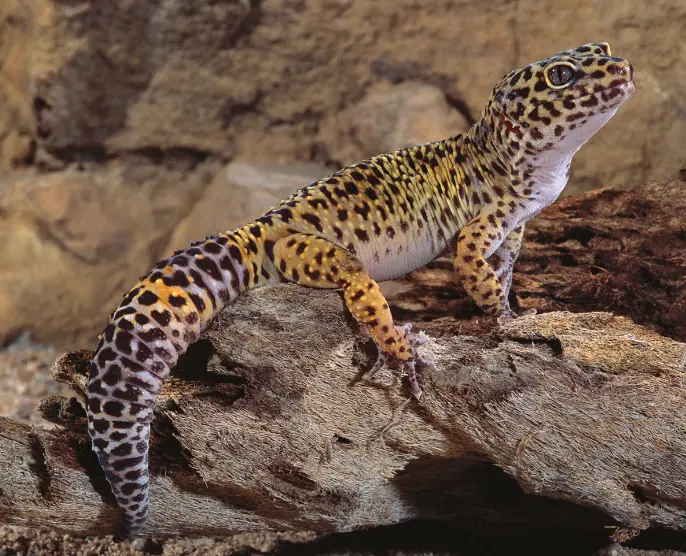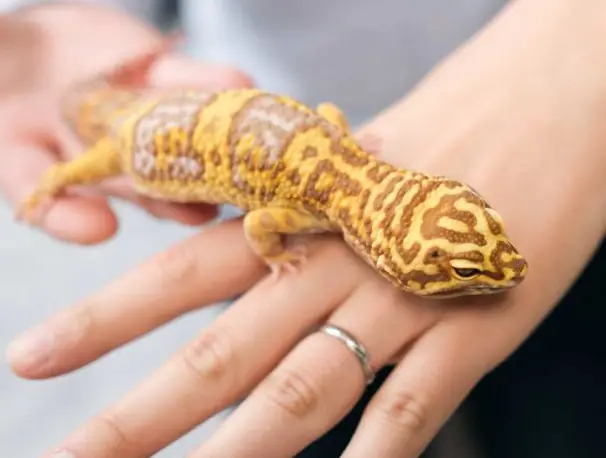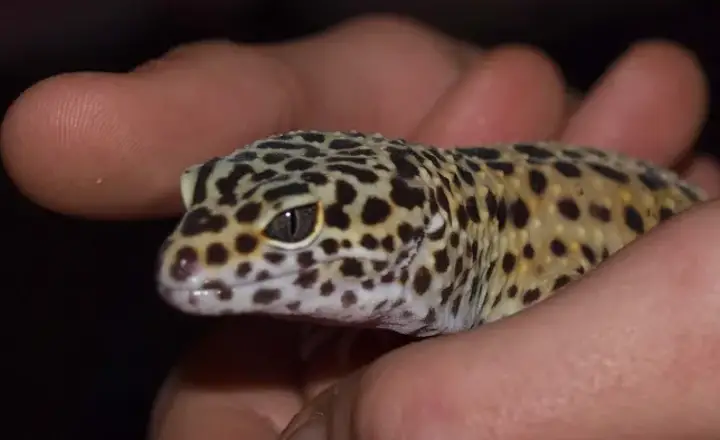Leopard geckos are fascinating creatures to keep as pets. They have become increasingly popular over the years due to their calm temperament and low maintenance needs, making them perfect for both beginner and experienced reptile keepers. However, know that just like any animal, leopard geckos can suffer from mental illnesses as well. One of the mental illnesses that often crop up in captive leopard geckos is depression.
In this article, we will explore the subject of leopard gecko depression in greater detail. We will answer a series of commonly asked questions, including whether leopard geckos can actually suffer from depression and if so, what the signs and symptoms of it are. We will then delve into the potential causes of depression in leopard geckos, and whether or not there are any effective treatments available.
Can Leopard Geckos Get Depressed?
The answer is yes, just like other animals, leopard geckos can get depressed. Several factors such as a lack of stimulation, inadequate living conditions, and poor nutrition can cause depression in captive leopard geckos. The negative health impacts brought on by depression can be severe, so it’s imperative that pet owners understand what signs and symptoms to look for and how to prevent them from occurring in the first place.
What Are the Signs and Symptoms of Depression in Leopard Geckos?
Leopard geckos that are suffering from depression will exhibit a range of symptoms, such as a loss of appetite, lethargy, decreased activity levels, decreased interest in their surroundings and interactions with humans. The reptile may appear uninterested in food, and over time, lose weight. Other handling-related issues such as biting and hissing are also common.
What are the Causes of Depression in Leopard Geckos?
A variety of factors can cause depression in leopard geckos. This might include a lack of stimulation, social isolation caused by living in an inadequate enclosure, or inactivity due to poor nutrition. Changes to their environment or routine can also lead to depression, including relocation, insufficient lighting, and incorrect temperature range, humidity, or substrate. It’s up to pet owners to ensure that their leopard geckos are happy, healthy, and properly cared for.
How Can Leopard Gecko Owners Recognize Depression in Their Pets?
Pet owners need to know how to recognize depression early in their geckos before it takes a dangerous toll on their health. They should keep a close eye on daily activities such as feeding, activity level, and social interaction. Any changes in behavior should be monitored so that pet owners can respond accordingly to the animals’ needs.
How Can Pet Owners Prevent Depression in Leopard Geckos?
Pet owners can prevent leopard gecko depression by providing an adequate amount of stimulation. This includes providing a suitable enclosure that includes hiding spots, toys, and adequate lighting. They should also ensure their leopard geckos a healthy diet that’s rich in essential vitamins, minerals, and nutrients. Additionally, interaction with humans should be encouraged, within a release or discipline based on the gecko’s personality.
What Can You Do If Your Leopard Gecko is Depressed?
The best remedy for a lethargic, uninterested leopard gecko is to introduce some environmental changes. Pet owners can also experiment with a different substrate, provide more hiding spots, introduce a heated mat, or even provide a shallow water dish. The aim is to make the environment more intriguing and provide a sense of stimulation for the reptile, ideally mitigating stress. It may take some time, regular monitoring and adjustments, but in the end, you can have a happier, healthier gecko.
Is Depression Common in Leopard Geckos?
Depression is not as common in leopard geckos like it is in other animals, but it is still a possibility. The underlying causes can be challenging to spot and even tougher to treat. As such, it’s important to keep an eye out for any changes in behaviour or habits.
Can Depression Be Cured in Leopard Geckos?
The treatment for leopard gecko depression depends on its severity, duration of illness, and underlying causes. You can start by providing a more stimulating environment, offering nutritional food and supplements, and encouraging interactivity. If the condition persists, you may want to consult with a veterinarian to diagnose and develop an action plan. Persistence, patience, and preventative efforts can keep your leopard gecko healthy and happy.
Can Leopard Gecko Depression Lead to Other Health Problems?
Yes, depression can lead to other health problems if ignored. Depression can weaken the immune system, causing the leopard gecko more susceptible to infections, including respiratory or intestinal distresses.
Is There a Connection Between a Leopard Gecko’s Overall Health and Depression?
Yes. The leopard gecko’s overall health is directly correlated to its mood. If their living environment is not optimal, for instance, they are more likely to experience depression, as well as accompanying health problems. Once a stimulus is identified, tweaking the environment and meeting the gecko’s requirement should promote their health and well-being.
Conclusion
In conclusion, leopard geckos, while low maintenance compared to many other pet reptiles, still require adequate attention and stimulation to keep them from getting depressed. Keeping your pet’s enclosure clean, providing adequate nutrition and stimulation, and offering regular interaction can all help prevent depression in leopard geckos. If you notice any signs of potential depression, it’s vital to act promptly by making adjustments to their living arrangement. It’s also wise to consult with a veterinarian to identify the underlying causes and determine an action plan to treat it promptly and mitigate potential health repercussions.
